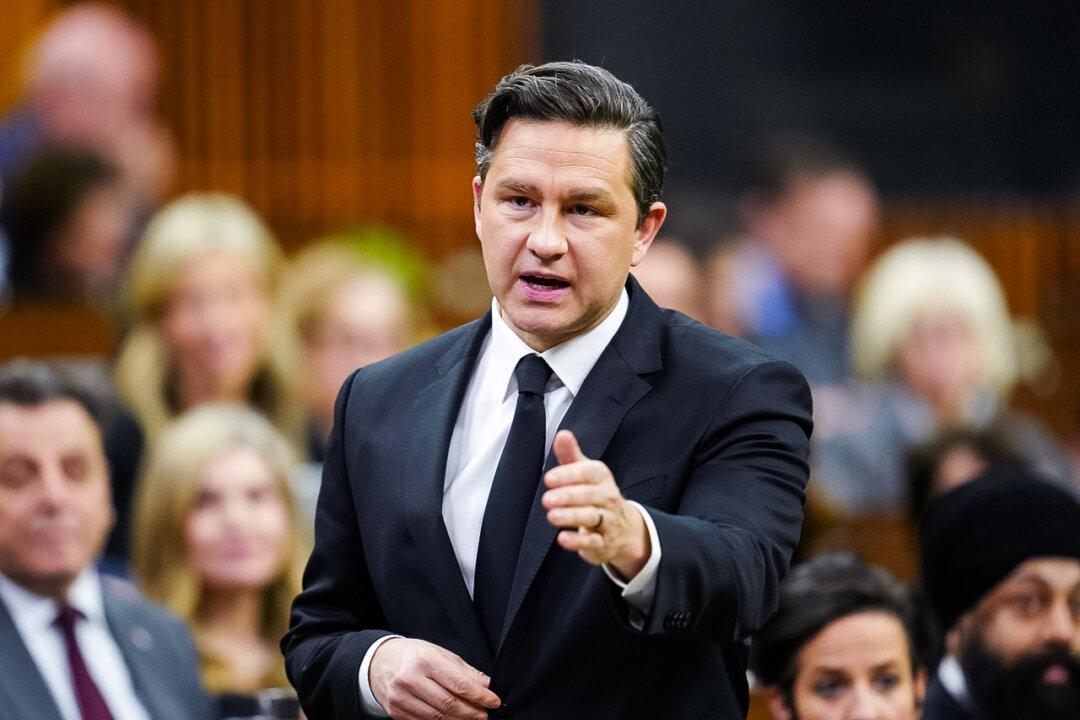Conservative Leader Pierre Poilievre is calling on Prime Minister Justin Trudeau to reject a city of Toronto request to decriminalize drugs.
In an open letter sent May 1, Mr. Poilievre said decriminalization would cause more “chaos” and overdose deaths, and asked the prime minister to “take urgent action” on the issue.





